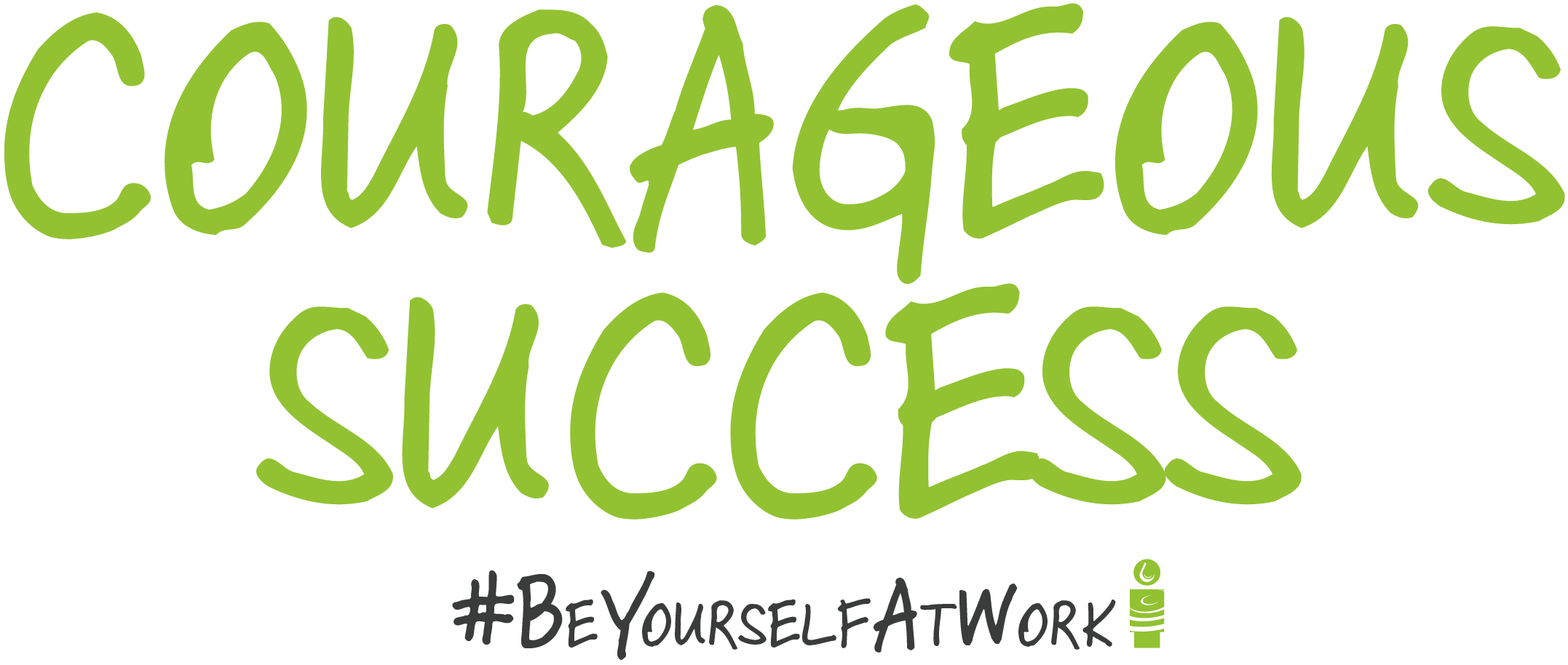“63% of us feel burnout at work at some time.”
This is a Gallup survey of 7,500 full time employees with 23% saying they experience burnout at work very often or always. Jennifer Moss (author of Unlocking Happiness at Work and United Nations Global Happiness Council Committee Member, who knew this council existed?!) quotes this survey in an article for HBR talking about when passion can lead to burnout, in it she says: “It’s one of the ironies of my job. …One minute it’s thrilling, passionate, engaging. The next, it’s exhausting and overwhelming, and I feel like I need a break.” How many of us can identify with that? The article also shares this fascinating fact; the World Health Organisation has recently included burnout in its International Classification of Diseases, IDC-11, claiming that it “refers specifically to phenomena in the occupational context…a syndrome … as resulting from chronic workplace stress that has not been successfully managed…” and characterised by three dimensions: “1) feelings of energy depletion or exhaustion; 2) increased mental distance from one’s job, or feelings of negativism or cynicism related to one’s job; and 3) reduced professional efficacy.”
During this holiday period, the issue of workplace stress and burnout is an interesting one to discuss, and here’s a challenge – how much of this burnout is self-inflicted?
Research last year from The Institute of Leadership and Management (ILM) found that “65% of respondents check their work emails at some point whilst on holiday, and 75% have said they’ve taken or made a work call whilst on leave., and most senior leadership teams check their emails on holiday (81%).”
There is much written about the culture of always being switched on to work. As technology allows us to be constantly connected, work and home life can become blended and the lines between them blurred. Technology can offer so much flexibility, but many of us, by not switching off, choose to be a slave to constant connection.
The ILM research also found that 96% of bosses don’t expect their staff to check emails on holiday and 64% actively discourage it. So, if this is the view of bosses, where is the pressure coming from that means so many people stay connected to work? Is it pressure that we put on ourselves thinking that it is the ‘right’ thing to do, what we feel is ‘expected’? The pressure to conform.
There is lots of evidence and research around which tells us that always being switched on and not taking enough breaks is bad for us, however we seem to choose to ignore it. Having stress and pressure in our lives can often be a badge of honour – again conforming to a ‘model’ of a hard worker?
If we have good periods of rest and recharge, there is lots of research that tells us we will be healthier, sleep better, make better decisions, and be more productive and creative. Constant ‘busyness’ can stop us seeing our work clearly, we can become too busy chasing cows to build a fence.
Alice Boyes, PhD is a former clinical psychologist & author of ‘The Healthy Mind Toolkit’ and ‘The Anxiety Toolkit’, she talks about “A classic catch-22 in psychology is that people wait for their emotions to change before changing their behaviour …..for example, try flipping “When I’m less busy, I’ll create some better systems” into “When I create better systems, I’ll feel less busy.”.
Shawn Achor author of ‘The Happiness Advantage’ and founder of GoodThink Inc, writing in HBR talks about re-framing our view of resilience, rather than it being how well you endure but how well you recharge.
This is about putting your own oxygen mask on first, if I make sure I am in a good place, I can then be the best person I can be, and give my best, to my work, my family, and whatever else I want to achieve in my life.
Once we free ourselves from the feeling that we need to conform, we release courageous energy, powerfully shifting ourselves to be more creative, intuitive, better able to concentrate on the greater good and impact more positively within our workplace.
Here are our top tips for breaking work conformity and preventing burnout.
- Take responsibility for your own mind-set, and environment. Be conscious of your energy levels and listen for when you need to take a break to recharge.
- Habit and auto-pilot – are you checking emails and work-based media as a habit? Checking without thinking removes your recharge time.
- Ask yourself: what is the most valuable way for me to use my time right now?
- Put your devices away – if you do need to stay connected, think about checking in only a couple of times a day at most.
- When you aren’t checking in, relax! Decide to be present, whatever you are doing and enjoy not thinking about work. Be the master of your mind.
- If you do need to check in, don’t see it as a burden – stress and emotional resentment will drain you – depleting your recharge. Get on with it and don’t give your power away. Then take a break.
#BeYourselfAtWork
